Touring Germany by Motorhome
Want to tour Germany by motorhome or campervan? This hands-on guide includes all the practical information you’ll need to know before you go!
Germany in a Nutshell
Key Facts for Touring Germany by Motorhome
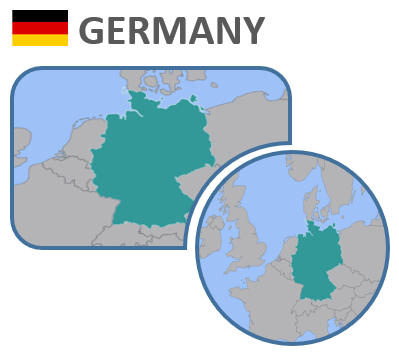 If you’re pressed for time, here are the essential facts to know when planning your motorhome tour of Germany. We dive into more detail on each of these later in this guide.
If you’re pressed for time, here are the essential facts to know when planning your motorhome tour of Germany. We dive into more detail on each of these later in this guide.
- Weather – our preference is to visit Germany in the summer months, as the climate is broadly similar to the UK, with similar regional variations like we have between southern England and highland Scotland.
- Currency – Germany uses the Euro (€). £1 is worth around €1.2.
- Insurance – most motorhome insurance policies will cover Germany – check your policy.
- Language – Germans, unsurprisingly, speak German, although English is also widely spoken.
- Place to Stay – Germany has a huge range of stellplatz (aires) and campsites available. Free (wild) camping’s also possible, but best treated as overnight parking only, so don’t put anything outside the van and only stay a single night.
- Mobile Phone and Internet – you can usually use your UK phone and Internet allowance in Germany, check with your provider. We use Three’s Internet with Legs SIM cards for Internet, and 1p Mobile SIM cards for phone calls.
- Getting there from the UK – there are various ferries from the UK to France, Belgium and Amsterdam. Once on the continent toll-free motorways get you to Germany quickly and cheaply.
- Renting a Van – if you don’t have the time to drive your own motorhome, there are several companies renting vans in Germany. Expect prices of roughly £700 to £1000 a week for a two berth C Class coachbuilt.
- Customs – you can cross borders between EU countries with large amounts of alcohol and tobacco, as long as it’s for personal use. There are no customs posts at the land borders except with Switzerland.
- Pet Dogs – you can take your pet dogs and cats (or ferrets) to Germany and return to the UK with them without quarantine. You’ll need a valid Pet Passport for this (talk to your vet), and (for dogs only) will need to visit a vet for a worming treatment on your way back to the UK.
- Roads – generally very well-maintained and with little traffic compared with the UK. Germany drives on the right.
- Low Emission Zones – Germany has introduced LEZs across large parts of the country, which they call umweltzonen. These appear to be policed by parking wardens, and we’ve accidentally driven across a couple of them without being fined. We now have an umweltzone sticker, which can be obtained for a few Euros.
- Headlights – some countries mandate the use of dipped headlights even during bright daylight. Germany doesn’t have this law.
- Compulsory Equipment – download the AA’s latest requirements PDF to see what you need to carry.
- Tyres – check the AA’s page for the latest details. In summary full winter (3 peak snowflake mark) tyres are needed in icy conditions; M+S tyres aren’t enough to avoid a fine.
- LPG (Gas) – Autogas refill stations are available widely across Germany. If you don’t have a self-refillable system, note that you can’t get Calor Gas bottles refilled in Germany.
- Tolls – Germany has a world-class toll-free motorway network for motorhomes.
Great Places to Motorhome to in Germany
Germany has a beautiful range of landscapes to enjoy, from the woods and pastures of the Black Forest in the south-west, to the castle-studded Rhine, the high grey peaks of the Bavarian Alps in the south. The cities, many of which were destroyed in WW2, still stand proud, with fascinating museums like the Duetsches Museum in Munich, the mind-boggling Miniatur Wonderland in Hamburg and the DDR (East Germany) Museum in Berlin.
Another tip: the German tourist board publishes details of tourist routes across the country. These are well worth looking into, and they can easily form the basis of a motorhome tour.
Here are just a few of the places we’ve visited. Click on the links below to get the full blog post, with the GPS co-ordinates of where we stayed overnight.
- Berlin (blog post here)
- Hamburg (blog post here)
- The Rhine (blog post here)
- Munich (blog post here)
- The Black Forest (blog post here)
- Murnau am Seehausen (blog post here)
Germany doesn’t hide from its WW2 past, and there are reminders of what happened during that time across the country. We visited the following places in Germany, as pilgrimages to those that suffered under the barbarity of repression and war.
- The Dachau Concentration Camp (blog post here)
- The Kehlsteinhaus, the Eagle’s Nest (blog post here)
- The Documentation Center Nazi Party Rallying Grounds in Nuremberg (blog post here)
A Quick Look at Germany – Some Short Videos
Looking around a stellplatz (motorhome aire) in Germany
Driving alongside the Rhine in Germany
Driving a motorhome on a German autobahn (motorway)
How Much Does it Cost to Tour Germany?
Germany is one of Europe’s biggest motorhome-friendly countries. According to this website, there were easily twice as many motorhomes in use in Germany than in the UK in 2017. Hence wohnmobils (as motorhomes are called in German) are well catered for.
Like in much of mainland Europe, motorhomes are much more freely accepted in towns and cities than they are in the UK. Stellplätze are the German version of the aire’s network found in France, official low-cost motorhome overnight parking places. Campercontact.com is one database of Stellplätzen, and lists over 1400 motorhome-specific parking places in Germany. 500 of these cost less than €10 a night, and 300 are free. These feature alongside over 800 campsites, and that’s not counting mixed-parking places, parking allowed at businesses and so on.
At the time of writing (Dec 2018), Germany is middle-of-the-pack when it comes to diesel, petrol and LPG prices, being roughly similar to France (latest prices here). In terms of groceries, Germany is roughly similar to the UK, although you’ll get a good bottle of wine rather more cheaply there!
One area we did notice was expensive was campsites, which were generally of a great quality, but you paid for it. Out of season we used the ACSI CampingCard scheme to keep these costs down, which lists over 350 campsites in Germany.
We maintained a diary of costs on our first tour across Europe and Morocco (2011 to 2013) and these are included in the spreadsheet below. Just click on the image to download a copy.
Germany by Motorhome – In Depth
When to Go to Germany
Germany’s weather is (very broadly) in line with that of the UK. Milder in the north, with skiing possible in winter across a ton of resorts in winter.
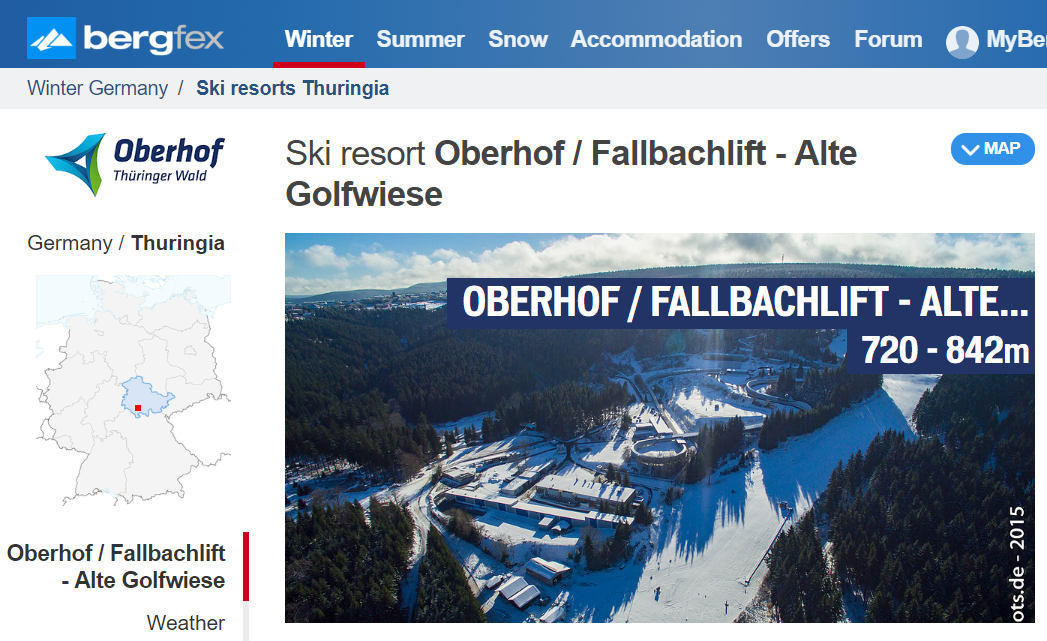
Bergfex.com has information on German ski resorts
Our personal preference would be to tour Germany between spring and autumn, when the weather’s kinder and there’s no need for winter tyres. If you’re into your winter sports though, or just fancy wandering the country when the stellplatzen are quieter, you can be certain Germany will keep the roads clear.
Driving Your Own Motorhome to Germany
Taking your own motorhome to Germany is pretty straightforward. Ferries from the UK will get you over to France, Belgium or the Netherlands, from where you can take toll-free motorways into Germany. Of course, Germany is a rather large country, so your route will probably vary depending on which part(s) you want to visit. This interactive Department for Transport map shows the various ferry routes available, and the image below shows some example driving routes into Germany.
Renting a Motorhome in Germany
Motorhome rental companies like mc-rent.es offer motorhomes for rent for pick-up in Germany, and we’ve met a few non-Europeans who’ve opted to rent vans in Germany for multi-month trips around the continent. The rental companies websites usually let you get a quick idea of costs, which tend to vary with motorhome type/size, and season.
For a rough idea of costs, McRent shows the following quotes:
- A 2 week rental of a 2 berth panel van mid January, picked up in Berlin: €1200 (around £1100).
- A 2 week rental of a 4 berth C class coachbuilt in mid June, picked up in Munich: €1800 (around £1600).
- A 2 week rental of a 6 berth C class coachbuilt in mid August, picked up in Konstanz: £2300 (around £2100).
If you’ve not toured in a motorhome before, have a look at our book, The Motorhome Touring Handbook, for tons of first-hand tips and ideas.
Finding Places to Overnight in Germany
Finding places to overnight in your motorhome in Germany is easy. There’s a good network of Stellplatz (aires) and campsites. Here are some of our favourite resources for finding places to stay:
- Other blogger’s maps (see more info)
- The Camperstop book of aires (see more info)
- The campercontact.com database and app of motorhome aires (see more info)
- The park4night.com database and app listing aires, campsites, free camps and businesses who allow overnight stays (see more info)
- The ACSI CampingCard out-of-season camping discount books (see more info)
- Websites like camping.info are great for finding campsites (see more info)
If you’re looking for inspiration on places to visit, books like the Rough Guide to Germany and Lonely Planet Germany are great. The tourist routes across Germany are also well worth looking into.
Driving in Germany
Germany has a well-deserved reputation for great quality roads. The motorway (autobahn) network in particular is known for having sections where there is no speed limit, not that us motorhome drivers are likely to be vying for space in the fast lane with flying Mercedes, Audis and BMWs!
Other than the obvious need to drive on the right, driving in Germany is much the same as the UK, but here are a few hints and tips:
- You’ll need to carry some additional safety stuff in your van (the RAC website lists out what you need)
- When exiting motorways a blue ausfahrt sign indicates where the exit is. The exit road often goes into a tight corner or tightens up as you loop around, it is well worth taking note of the separate speed limit for the exit lane and reducing your speed accordingly.
- Along the motorways the service stations like we have in the UK are also supplemented with more frequent parking areas. These generally have loos and picnic tables to eat at and offer a good alternative for a rest.
- Signs saying umleitung (or just a capital U) mean diversion. We saw a fair few of these on our tours, and just followed the signs. Geschlossen means closed.
Low Emission Zones in Germany (Umweltzonen)
A number of German cities and built-up areas are now covered by low emission zones called umweltzonen. To drive into these, your motorhome will need a sticker (or umweltplakette) in the windscreen, which shows how ‘clean’ the motorhome is: Green is the cleanest, then it’s yellow and finally red. If you have a green sticker, you can go into all of the zones, but if you have a yellow or red one, you won’t be able to enter some of them.
On the ground, you’ll notice signs showing you’re about to enter an umweltzone, sometimes with no opportunity to avoid the one you’re about to drive into. Thankfully they’re not policed with cameras, and we’ve driving through one or two of them before we got a sticker, without being fined. It seems the system is policed by parking wardens, so unless you actually park up in a zone without a sticker, you may well get away with it. They’re not expensive though, so probably worth just getting one, and knowing which zones you can and can’t enter, just for peace of mind.
The RAC website has a good explanation of the zones and stickers, and links to berlin.de, where you can order a sticker for your van for around €6.
Petrol, Diesel and LPG in Germany
Diesel, petrol and LPG are widely available in Germany. A few hints and tips for finding and buying these fuels:
- Fuel prices seemed to vary during the day, and day of the week, with prices being lowest on Sunday and Monday.
- Diesel is simply called diesel in Germany, petrol is super (95) or super plus (98), LPG is called LPG or autogas. Diesel pump handles are black or yellow, unleaded are green.
- For a rough idea of fuel prices, have a look at fuel-prices-europe.info.
- For a database of LPG locations in Germany and across Europe, go to mylpg.eu.
- Germany uses the ACME LPG adaptor for self-refillable gas bottles.
Motorhome Service Points in Germany
Service points, are areas where you can take on fresh water, and empty your grey water tank and toilet cassette (black water). They’re normally a drive-over drain, with an installation off to one side with two taps: one for taking on fresh water and one for rinsing your cassette out. A few tips for finding and using service points in Germany:
- You’ll find a range of service point designs in Germany, from commercial machines to hand-made facilities.
- Almost all campsites have them. If you pay to stay on a site, the services are included. If you don’t stay, some sites will still let you pop in and use the services for a few Euros.
- There are thousands of service points outside of campsites in Germany. You can find them using apps like campercontact.com and park4night.com.
- In winter water supplies may be turned off at times when the supply might freeze.
- Some folks unwittingly use the fresh water tap for rinsing their toilet cassette: we use anti-bacterial wipes to clean the tap before attaching a hose pipe or using a collapsible water carrier.
Using Internet and Phone in Germany
This is how we stay in touch when we’re touring Germany in our motorhome:
- For the Internet we have an unlocked 4G personal WiFi device. This has a Three Feel at Home (Internet with Legs) PAYG SIM card in it, which connects to a mobile phone 3G network and shares it out to our laptop and phones.
- Our system (described in detail here) uses a roof-mounted antenna which helps get a better signal, as the metal shell of the van effectively blocks much of the signal.
- Other folks report good results from Vodafone Internet SIMs which provide up to 50GB a month and only require a 30 day agreement.
- For the phone we use SIM cards from 1pmobile.com. We don’t use these for Internet access, although we could turn on mobile data in an emergency, which would cost around £10 per GB.
- Post offices are called Deutsche Post and have a yellow sign outside them. Stamps are called briefmarken.
Supermarkets and Eating Out in Germany
We found Germany to be pretty good value for eating out, finding most of our meals seemed to consist of heart meals of meat and potatoes, in one form or another. We found beer gardens to be good value, although soft drinks there seemed to be more expensive than alcoholic ones so shandies for example (radler) weren’t cheap. We noted these costs back in 2012:
- 2 x hot main course, plus two large beers at a campsite €25
- 2 x hot main course, plus one large radler (shandy) and two large beers in Bavarian restaurant €35
- 2 x roasted pig knuckle and potatoes, one large beer, one small radler in Munich beer garden €31.80
- 1 large beer and small radler in Munich beer garden €11.80
- 1 takeaway box of chicken chow mein €3.50
- 1 x roasted pig knuckle, potato dumpling and large Rauchbier (smoked beer) plus 1 x chicken nuggets and chips and a large sprite in Bamburg beer garden €24
- Small bottle of pop from kiosk in Hamburg €1.30
- Ice creams ( cone and one scoop) €0.70 – €1.20
In terms of supermarkets, we used Edeka, Netto, Lidl and Aldi (only Edeka accepted our Visa or MasterCard, so cash was needed for all purchases back in 2012). Supermarkets are generally closed on Sundays. When buying drinks all bottles have a pfand (deposit) on them, glass and plastic – generally around 25c a bottle, which is claimed by taking the bottles back to the same chain of stores (doesn’t have to be the same store, but you can’t take back Lidl bottles to Aldi, the machine just spits them back at you – we tried!). You’ll get the deposit back in the form of a voucher to use in the store, or some machines offered you the option to give it to charity. Here are some costs we recorded in 2012:
- 1l UHT milk €0.45
- Loaf of bread €1.11
- 250g mushrooms €1.49
- 125g mozzarella ball €0.49
- 1l still bottled water €0.35 (plus 25c pfand)
- 6 x 330ml bottles of White beer €1.99 (plus 25c pfand per bottle €1.50)
- 1l carton of wine €0.49
- 100g budget chocolate bar €0.54
Doing Laundry in Germany
On our tours across Germany we didn’t manage to find many self-service launderettes and tended to rely in washing facilities at campsites, but perhaps we didn’t try hard enough! If you search Google Maps for SB waschsalon, you’ll find lots of launderettes across the country. For future tours we’ll do this, and just do some advance planning to make sure we drive past one when we need one.
Touring Germany with a Pet Dog
As long as you have a valid Pet Passport (details of the PETS scheme here), you can travel to Spain with your pet dog, and return into the UK without your pooch having to go into quarantine. We’ve done this many times, and have had no issues. A few hints and tips if you want to tour Spain with your dog or dogs:
- If you don’t have a pet passport, contact your vet early as it can take some weeks/months to get them arranged.
- To return into the UK you’ll need a vet on the continent to administer a worming treatment and then allow between 24 hours and 5 days before re-entering the UK. We’ve done this in Germany with no issues.
- You’ll need to declare your pets when booking the ferry or Channel Tunnel, and pay an additional fee for them.
- Germany allows pets onto public transport.
- Although German supermarkets have wide ranges of pet food available, don’t assume your specific brand will be on the shelves. Either take enough for your trip, research ahead to see if it can be bought in Germany, or plan to transition your dog to locally-available food.
Are You New to Motorhome Touring?
If you’re new to motorhome touring, then we wrote The Motorhome Touring Handbook just for you. It’s got all the info you need to quickly get up to speed choosing a motorhome and using it to take the biggest adventures of your life!
The Motorhome Touring Handbook is available as a paperback or Kindle eBook. You can read more about the book and buy it from Amazon.co.uk.
More OurTour Motorhome Country Guides
Thanks for reading our guide to Germany! If you’ve found it useful, please consider sharing it using the buttons below? This really helps build the blog’s audience, which in turn helps motivate us to keep it alive and kicking. Cheers, Ju and Jay


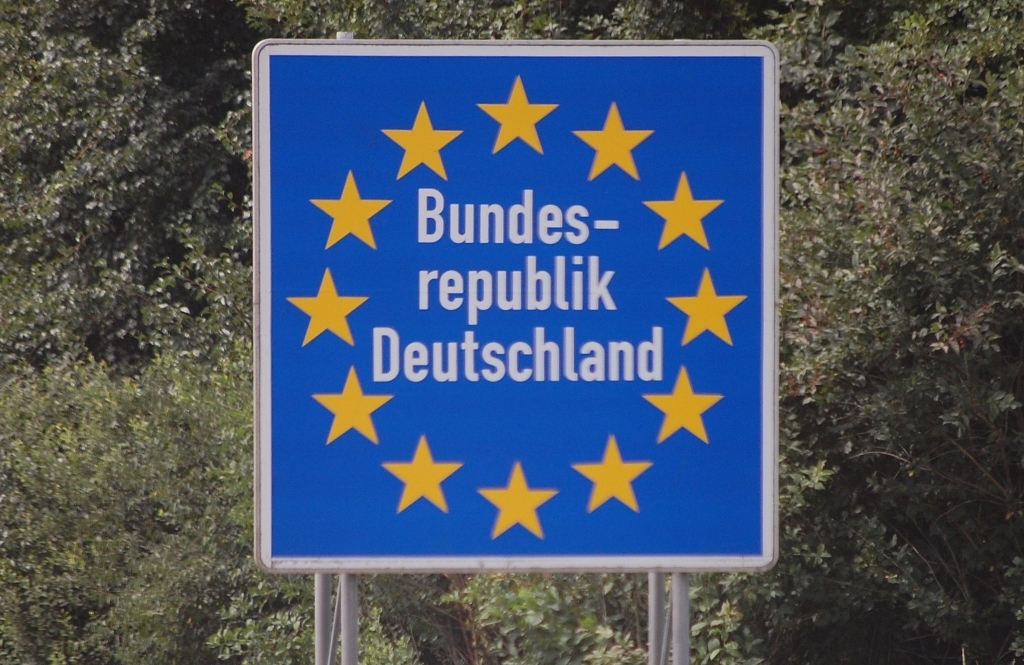
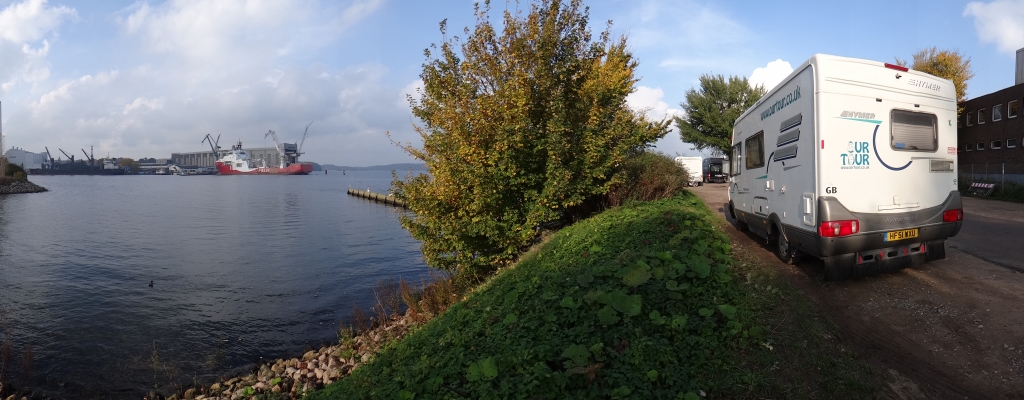

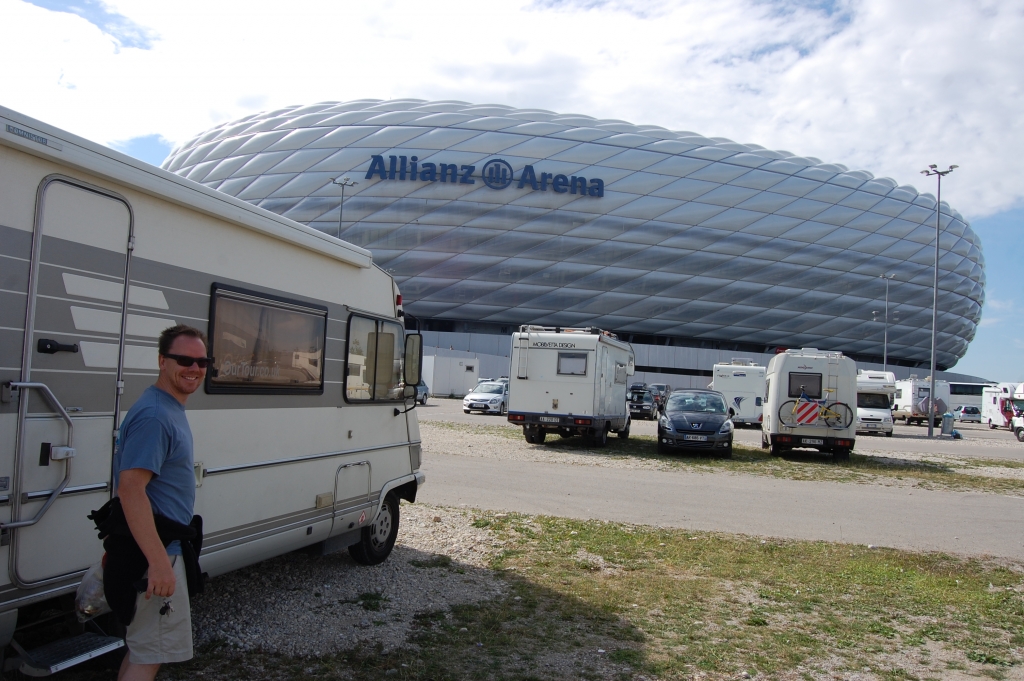
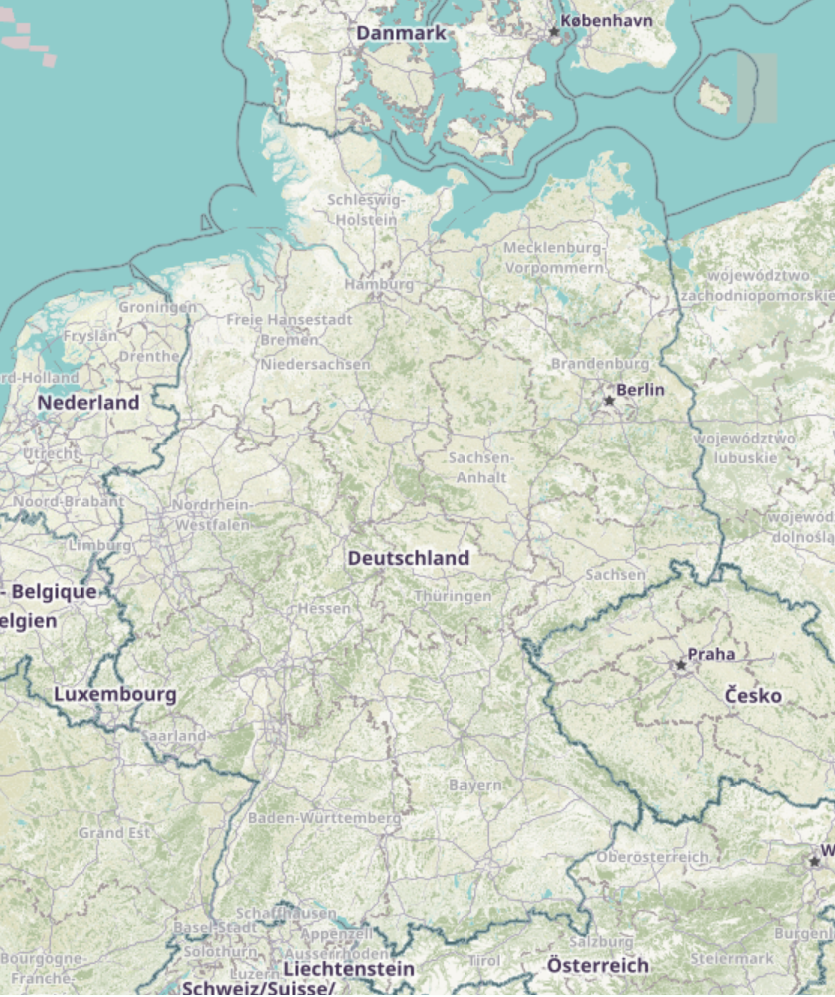
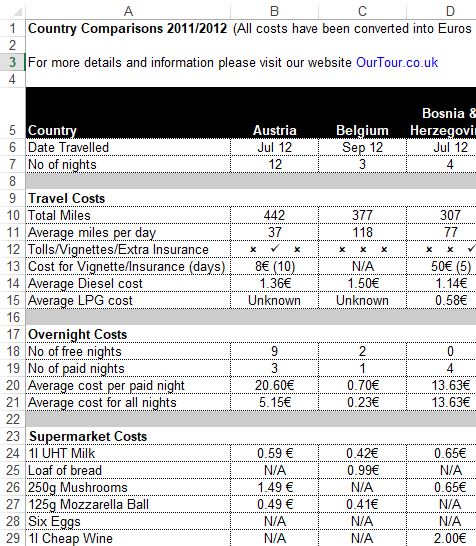
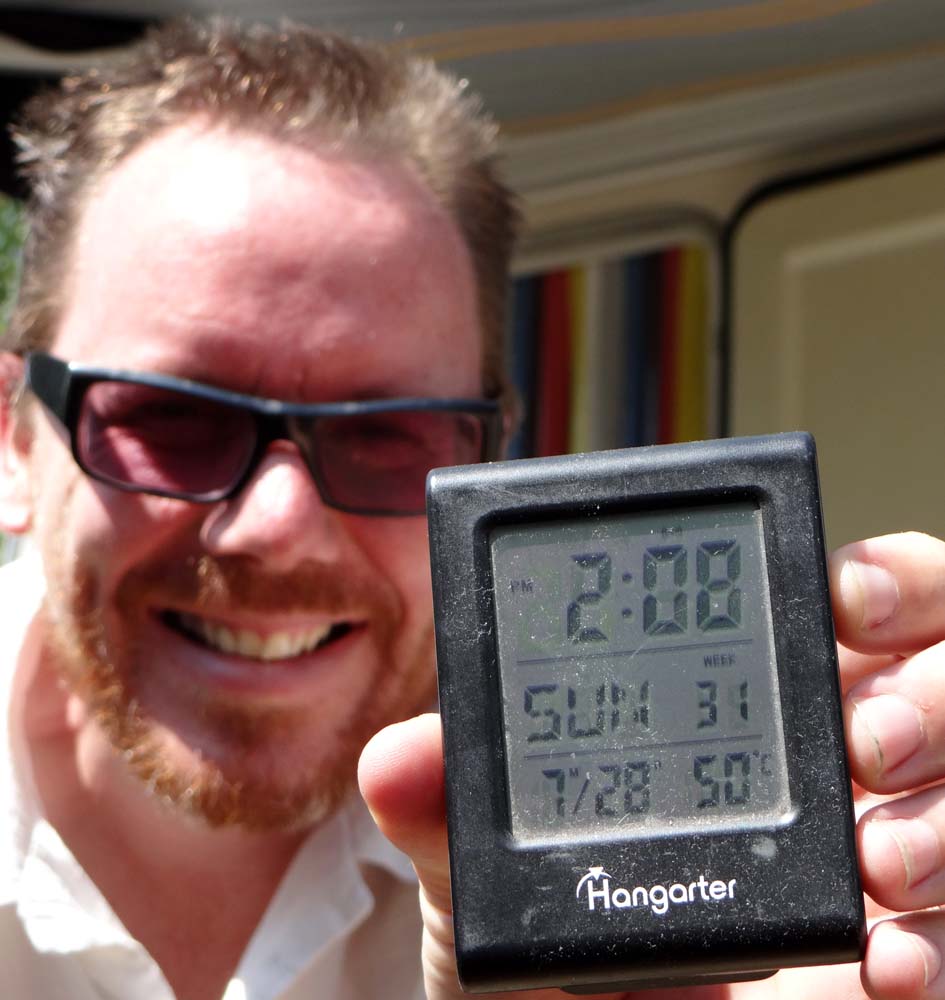
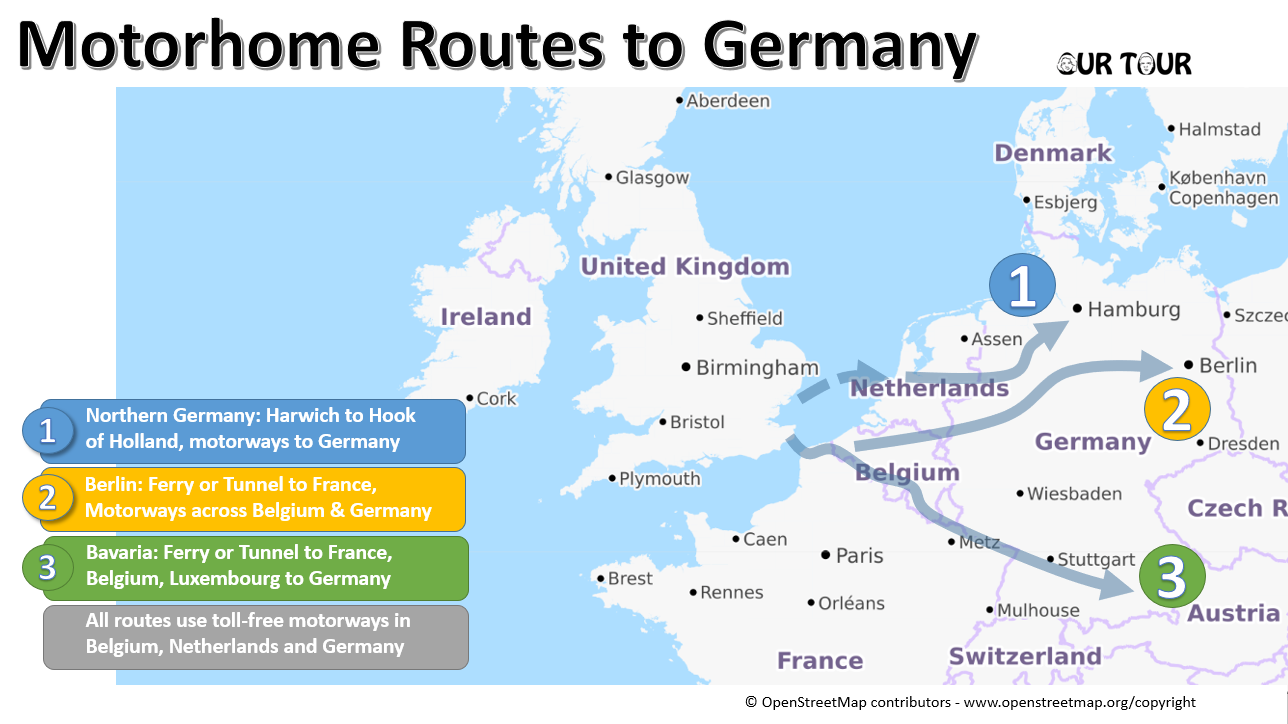
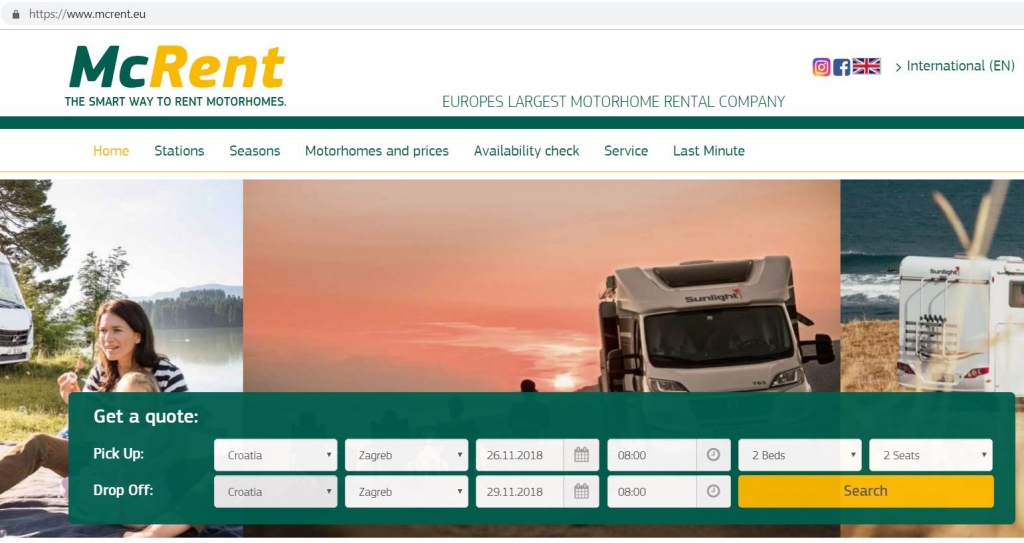
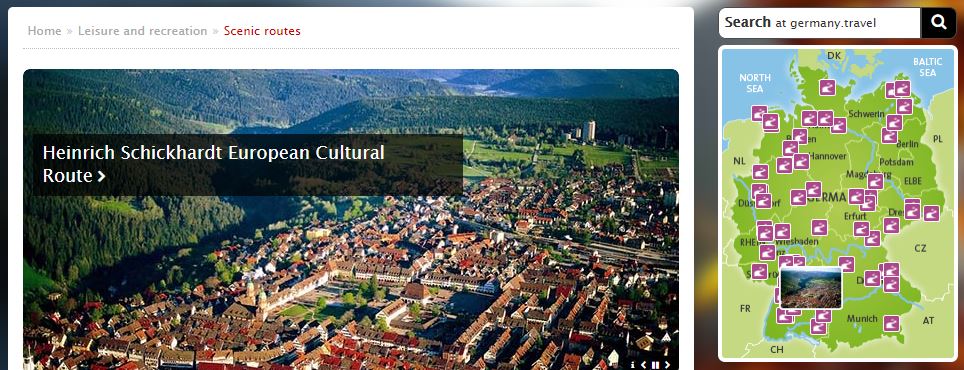
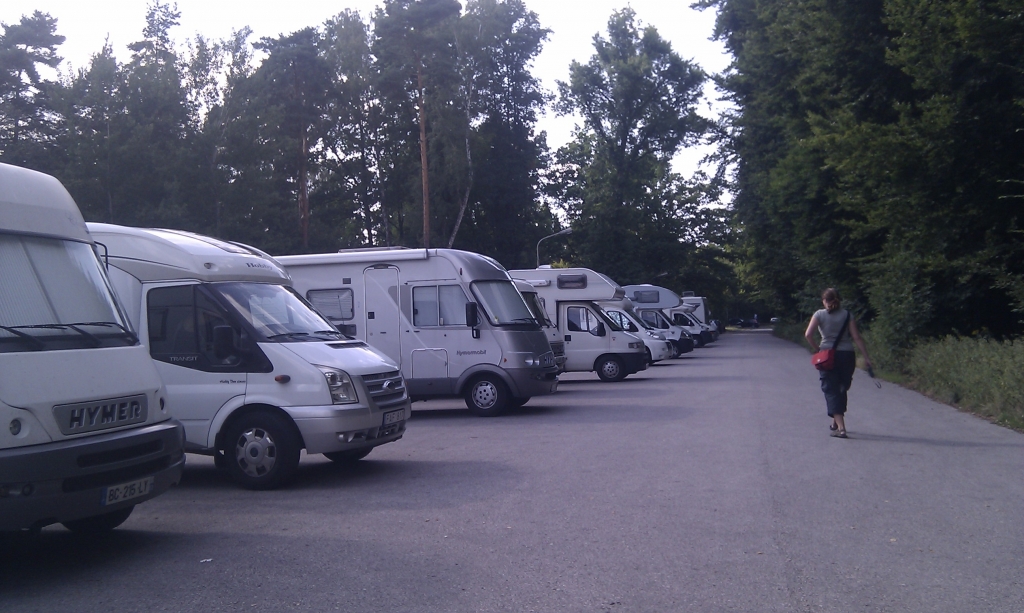
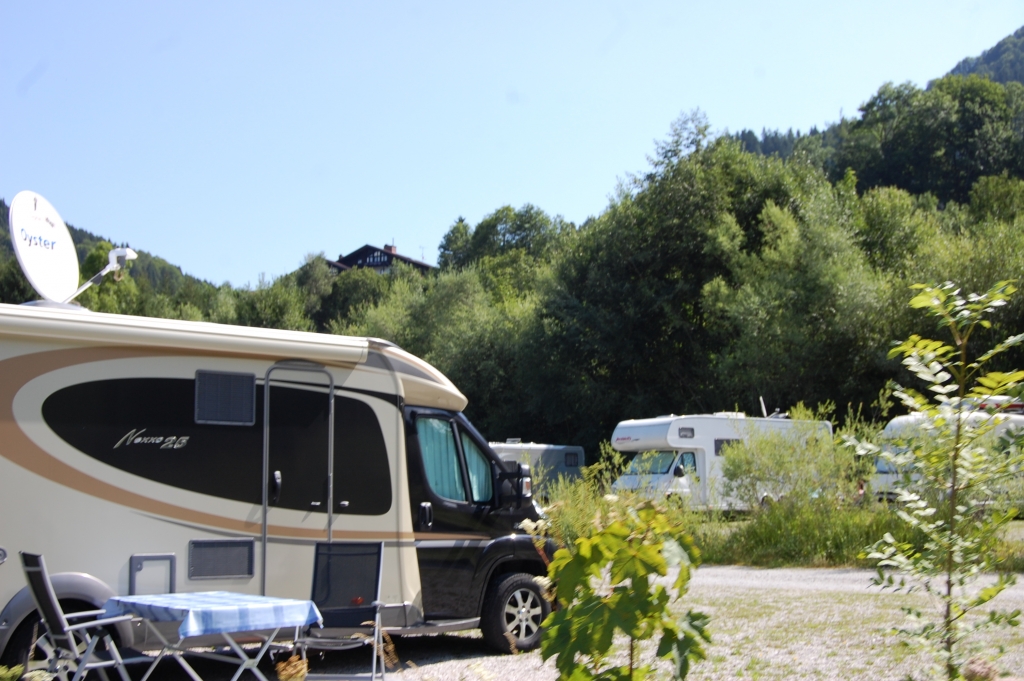
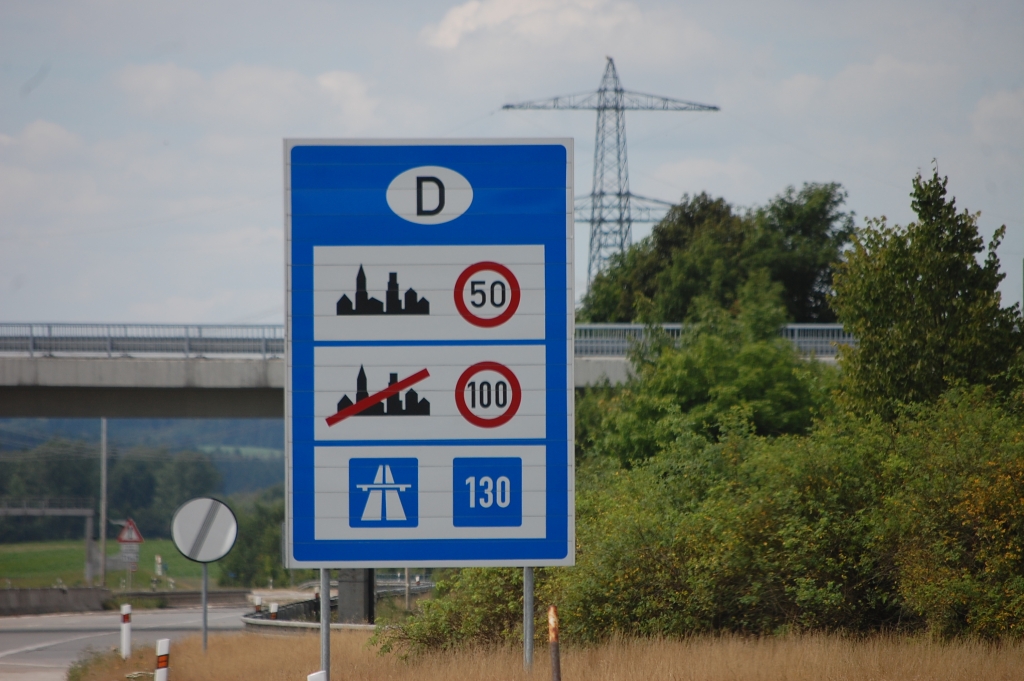
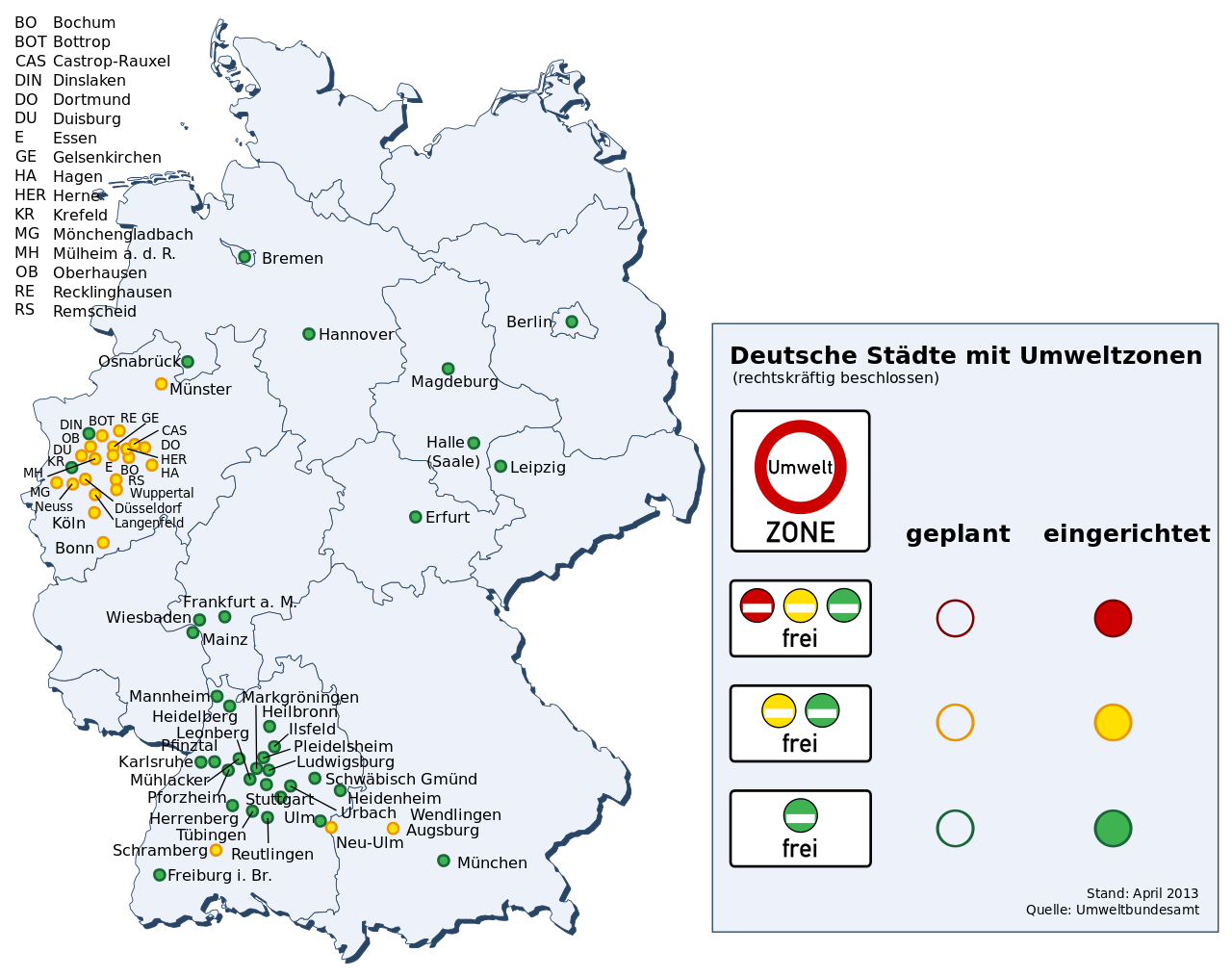
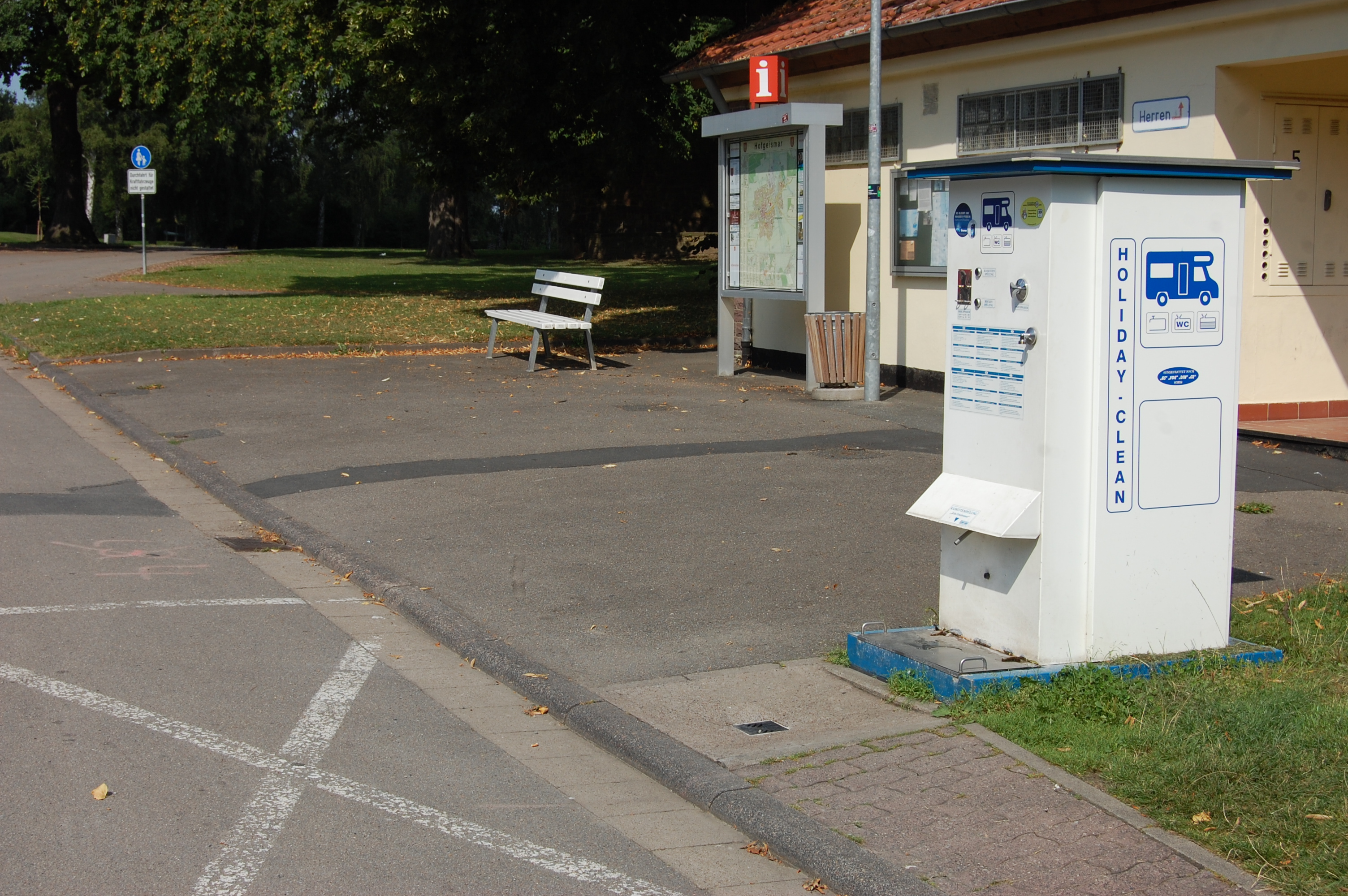
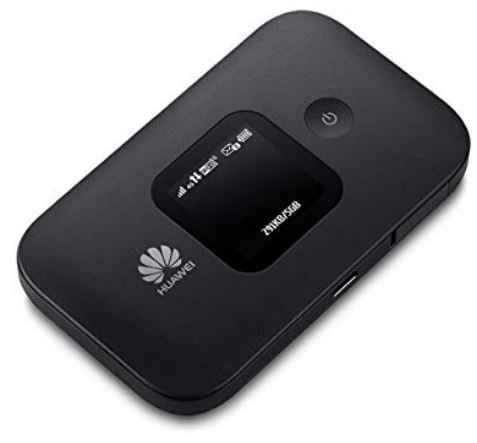
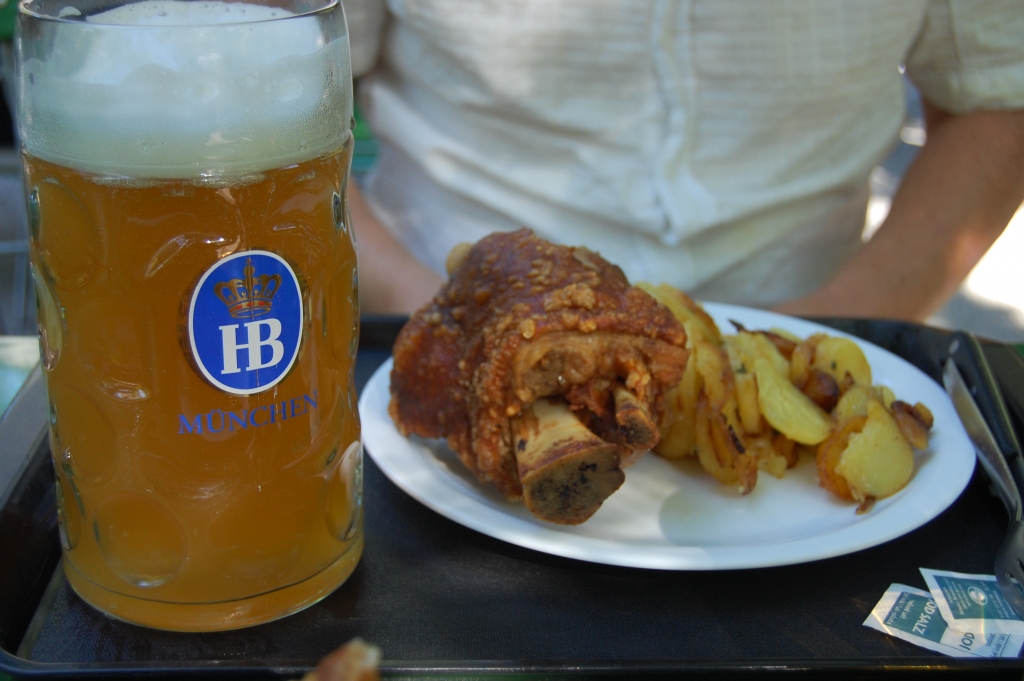
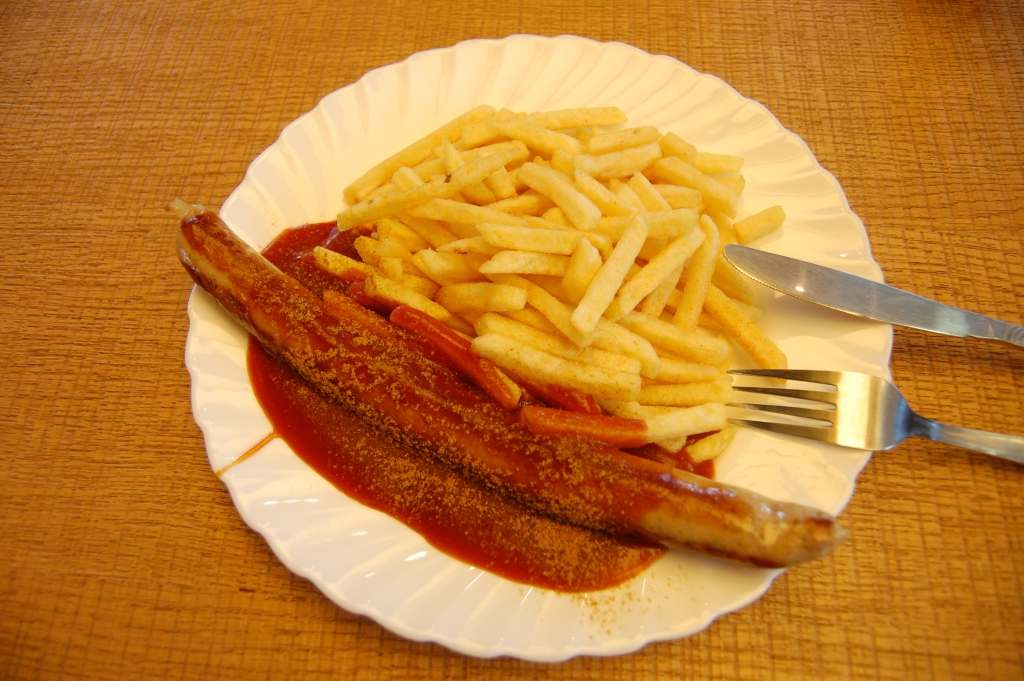
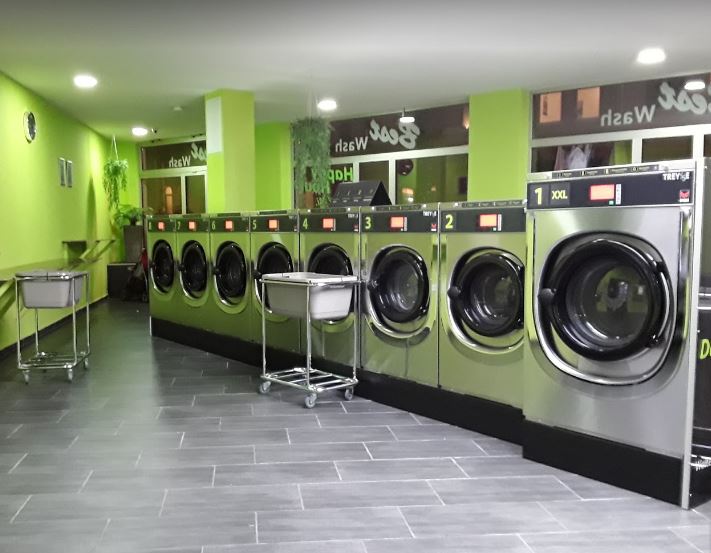
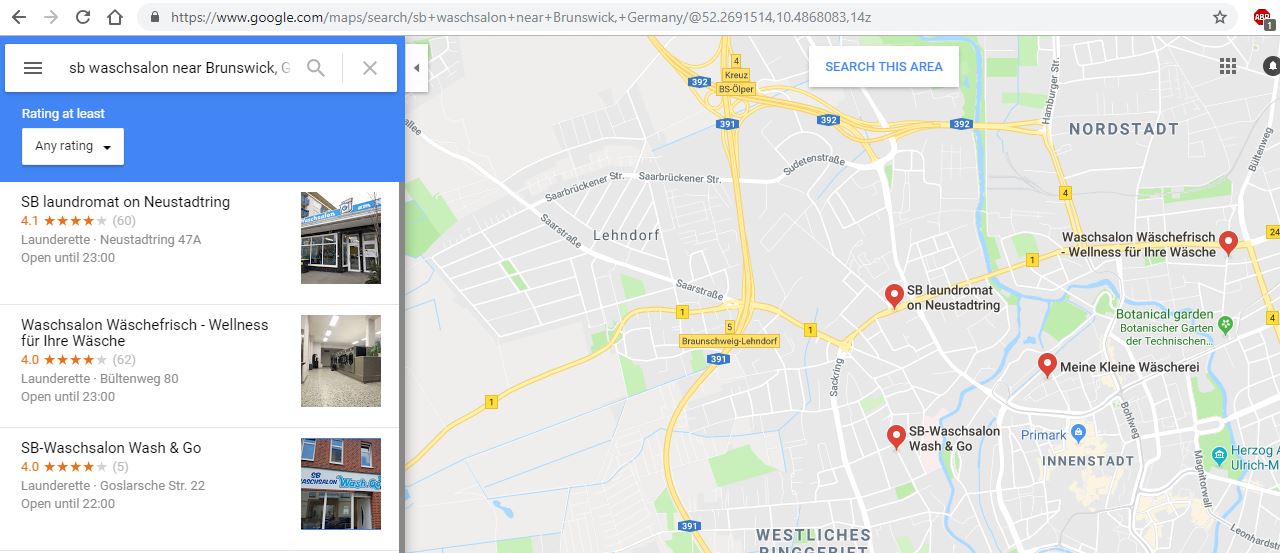
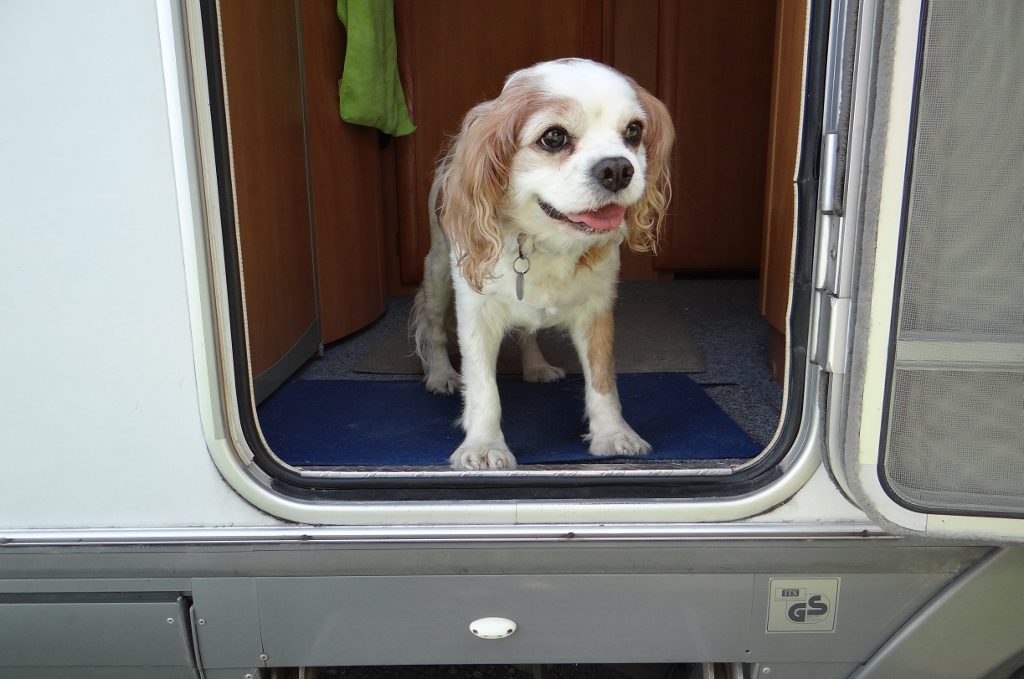
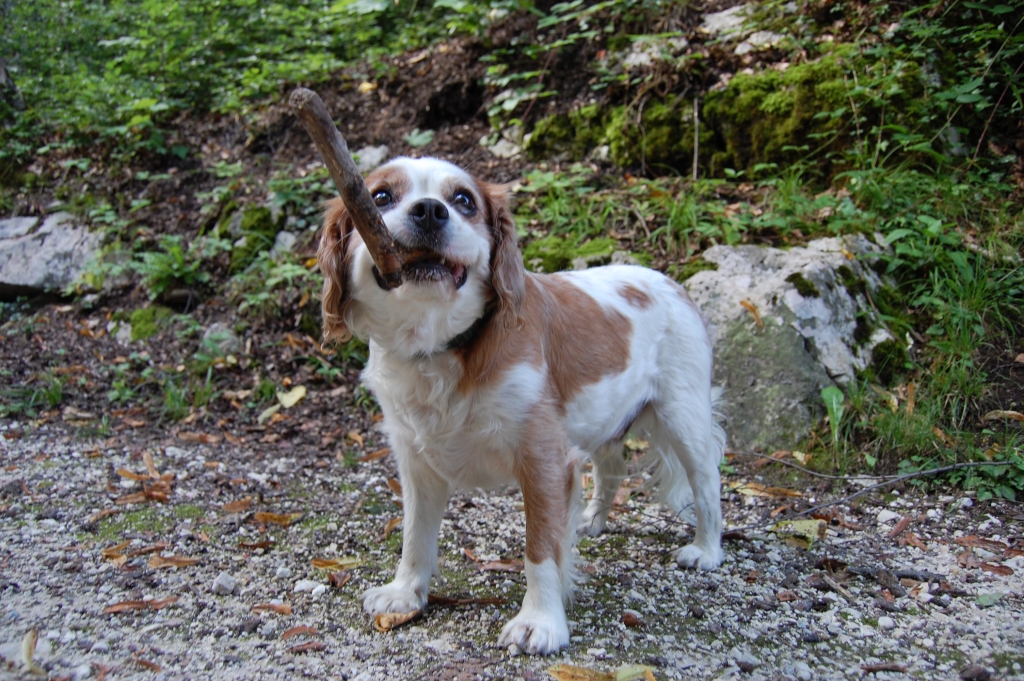
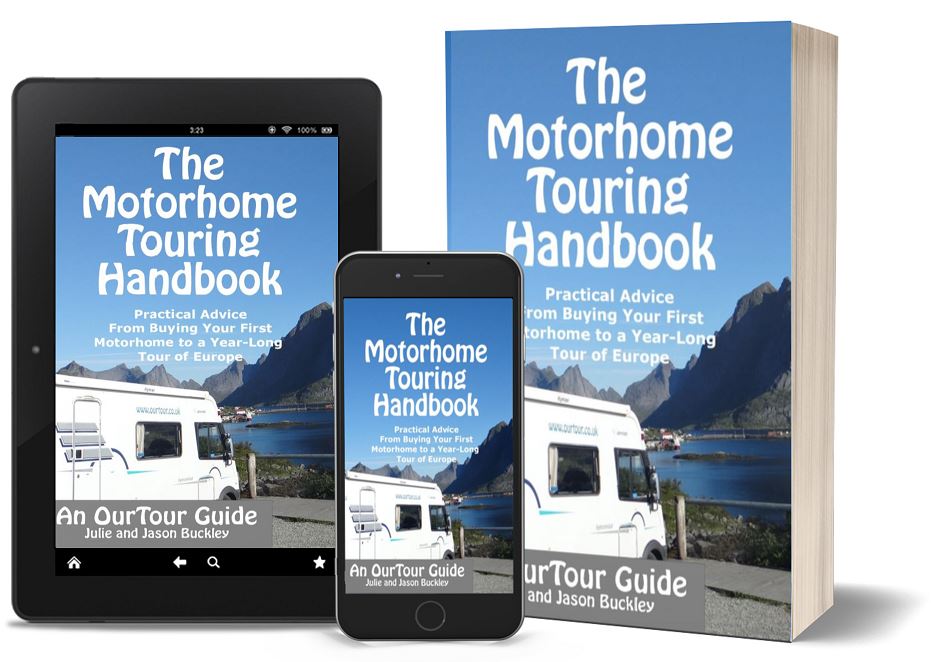

Thank you for this guys, much appreciated
Paul and Kerrie